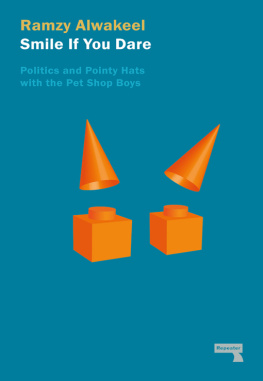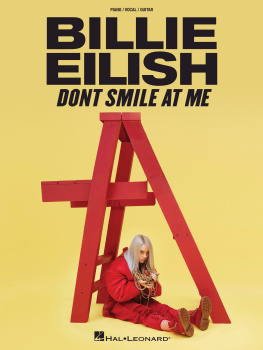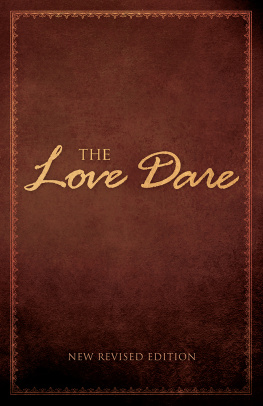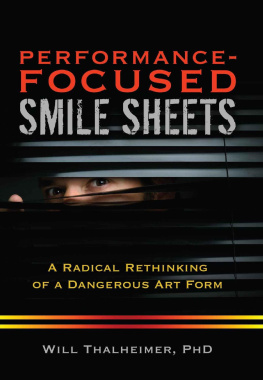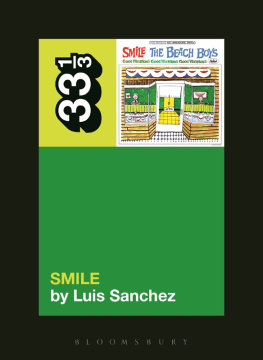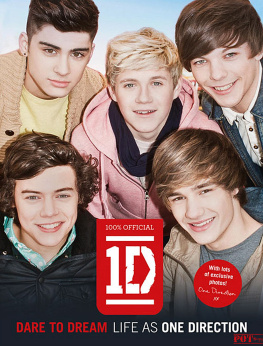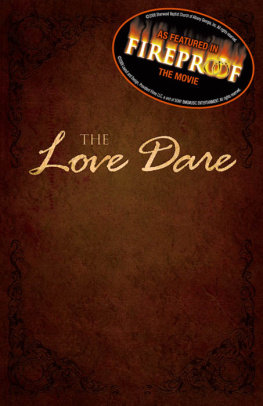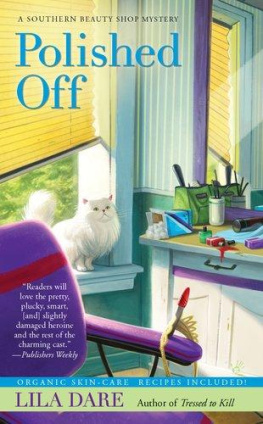SMILE IF YOU DARE

Smile If You Dare
POINTY HATS
AND POLITICS
WITH THE
PET SHOP BOYS,
19931994
Ramzy Alwakeel

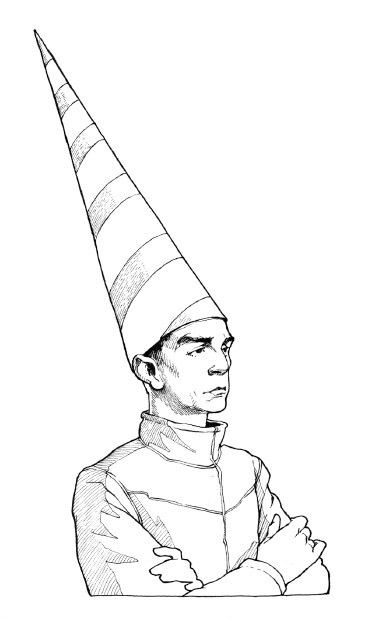

1 >
There are beach balls suspended in the heavens.
Somehow you are at once inside and outside the aeroplane. You know instinctively that the ocean is bright orange and unrealistically flat, the sky the wrong shade of blue. The clouds look programmed; squint and you can see the same pattern repeated against the azure over and over.
You are on holiday and you are on a one-way flight, tracking the run-out groove and the count-in simultaneously.
You are leaving an era and beginning an era. It is 1993 and 1983. Like the clouds, the men seated around you are identical to one another, eyes fixed on some undisclosed point beyond the front of the aircraft. You have no idea where they got the hats.
The soundtrack is brilliant.
Headed west, probably, this one-in-a-million plane is cruising at an astonishing altitude, bright and artificial and perfect the way they say the future used to look.
Fasten your seatbelt: miscellaneous fragments of history are drifting past. Beyond the wing tips you see the debris of acid house, new wave, Kraftwerk, Bowie, Morrissey, Thatcher, London, Newcastle, council estates and the Poll Tax, temporarily shorn of significance. You know there is a risk they will hurt later but for now it is enough to stare blankly at their outlines.
Shut your eyes no, theyre already shut and count the albums: I II III IV V(ery). Your narrative, like theirs, feels as inevitable as it is unfamiliar, v Pet Shop Boys, but Pet Shop Boys v whom? And so on.
You havent left the room, and nor will you be back.
Two decades on, theres something implausible about Very.
The Pet Shop Boys fifth album snuck posthumanism and panic sex into the charts on both sides of the Atlantic. Its arrogant title said: here is our essence, an easy reference point, a convenient definition. But once you probed it, touched its orange case with trembling fingers, the conceit started to unravel.
You looked at the sleeve inlay and saw giant eggs, conical hats and beach balls before you spotted any human faces.
Then there was the music: Very didnt so much showcase the Pet Shop Boys as reinvent them. The twelve career-best songs Neil Tennant and Chris Lowe recorded for the album glinted awkwardly like computer-generated skyscrapers in the artificial sun for miles and years in all directions. Somehow they were too near, or too large.
Even Verys packaging was curiously oppositional. CD cases were meant to be shop windows, dressed by fancy designers to sell the silver discs invisible contents. This one was opaque.
To date, the album has been sold in no fewer than seven different sleeves, but Verys first edition remains one of the most recognisable items in British recorded music history.
Tennant and Lowe were bored of compact discs. Their pocket-sized artwork was a snivelling apology for the glorious 12 sleeve it had replaced, its pathetic scaled-down images shielded by flimsy transparent plastic. This was the conundrum they took to Pentagram.
Pentagram, which also designs buildings, gave them an orange box with three-dimensional polka dots on the front.
It was a gamble each of these unusual objects cost the Pet Shop Boys 40p but Verys limited edition was a success, rendering the album instantly visible in the racks, a flash of colour among hundreds of anonymous see-through cases.
The albums vinyl and cassette versions mirrored the relief on the CD cover by arranging tiny photographs of Tennant and Lowes heads in the same polka dot pattern. It looked a bit like it was designed for babies, but novelty is sometimes the vehicle for genius.
As it happened, the CD case was an appropriate metaphor for what lay within: Very is rather difficult to miss. Its a synth-pop obelisk, a wall of sound built from Tetris blocks.
After four smash-hit LPs and a multi-platinum singles collection, one could have been forgiven for thinking the Pet Shop Boys had achieved everything, reshaping British pop music and surviving to tell the tale.
Their 1990 studio effort, the stately Behaviour, had suggested a band whose members were growing old gracefully as they meditated on absent friends and Shostakovich.
Pop fans arent known for their attention spans, and by June 1993 Tennant and Lowe had been absent from the UK top ten for twenty-six months. In the meantime theyd toured, put out that greatest hits LP, worked on Bernard Sumner and Johnny Marrs Electronic project and produced a single for Boy George but the memory of their last original album was fading. Dance music had grown tougher and more monotonous; rock was enjoying its biggest revival in a generation. It was hard to imagine a new Pet Shop Boys record surfing the crests of the British charts in quite the same way as the duo had done years earlier.
This made it even more satisfying when Verys impertinent lead single put them back on Top of the Pops. Rubbing shoulders with Lisa Stansfield, Can You Forgive Her? was an undercover policeman at a childrens party, its five-oclock shadow an instant giveaway.
The song was a dense starscape of motion-blurred synthesisers that, even when Tennant started singing, sounded every bit as unreal as the costumes. In the spaces between orchestra hits, he spun a cautionary tale of humiliation, innuendo and denial while incredibly Lowe danced with three women holding cricket bats.
The next few months would see the pair achieve their only number-one album, make a string of iconic videos and score a career-defining hit with a song someone else had already released. But while Verys final three cuts all made respectable inroads into the top twenty, the release of that second single Go West would prove to be the last time the Pet Shop Boys truly held the pop world in their palms.
Go West, in all its blissful despair, practically tricked its way into the charts. At heart, the song you might know as One-Nil to the Arsenal is as bleak as midwinter, but to hear it chanted on the football terraces youd never have realised.
The songs optimism was sincere enough when the Village People recorded their version in 1979, but Tennant made it sound thoroughly hopeless. If Go West was a list of wedding vows, the Pet Shop Boys were reading them out at a funeral.
The Village People had barely left the stage when Aids began to ravage gay communities. The future blue skies, open air and all had been cancelled.
As the pandemic took hold, conservative politicians and commentators found homophobia once again in vogue, and soon the mysterious illness bore a stigma quite independent of its devastating physical effects. Margaret Thatchers government refused even to allow the mention of homosexuality in schools, while ageing newspaper columnists told dying men they had only themselves to blame.
Things had turned out so horribly different from the Village Peoples vision that Go West sounded nave, even silly, when Tennant recited it. You could almost hear the air quotes around each line of the abandoned manifesto.
Next page
